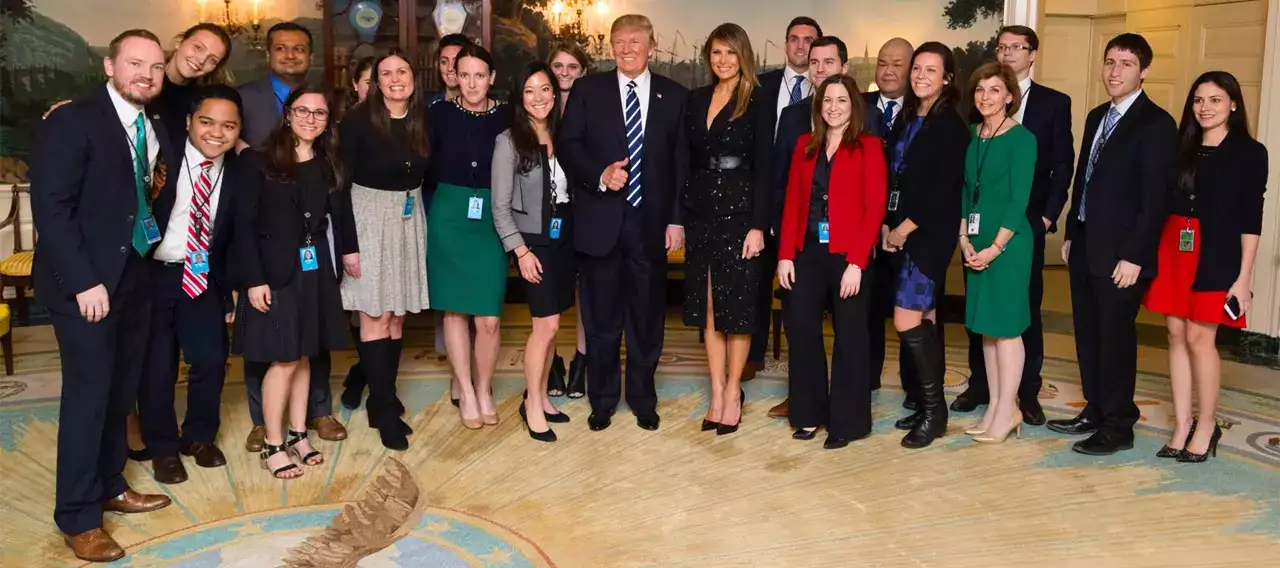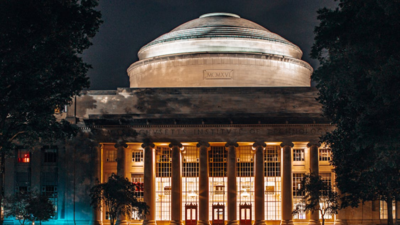May Mailman, a Harvard-trained lawyer, has been the key figure behind President Trump’s aggressive campaign targeting America’s top universities, according to reporting by The New York Times. Through executive orders, the strategic use of federal funding, and civil rights investigations, Mailman helped design a broad approach aimed at pressuring elite institutions to alter their policies on admissions, diversity, and gender.Although Mailman departed the White House in August 2025, as reported by CBS News, she continues to serve as a special government employee, overseeing ongoing negotiations with universities such as Harvard, according to The New York Times.Driving policy to reshape higher educationMailman was instrumental in drafting executive orders early in Trump’s second term that redefined the federal government’s stance on sex, limiting recognition to only two genders and rolling back policies that promoted diversity, equity, and inclusion, as reported by The New York Times. These changes forced universities like the University of Pennsylvania to ban transgender girls and women from participating in women’s sports.The New York Times further notes that Mailman was “credited as an animating force behind a strategy that has intimidated independent institutions and undercut years of medical and scientific research.” She helped lead an effort to challenge what the administration viewed as liberal bias in admissions practices, particularly focusing on the role of race in college admissions.Using federal funding and civil rights investigations as leverageAccording to The New York Times, a key element of Mailman’s strategy involved leveraging federal funding to pressure universities. Institutions faced the risk of losing significant research grants or student visa approvals if they did not align with the administration’s demands.In addition, the administration opened civil rights investigations into admissions policies at several leading universities. The Times reports that Mailman personally closed a $221 million settlement with Columbia University—the largest settlement the administration has secured to date—after such investigations.Negotiations with elite universitiesWhile many universities chose to quietly comply, Harvard has been a rare holdout, willing to fight back in court, The New York Times reports. Mailman led the White House’s negotiations with Harvard, which included contentious issues such as how race factored into admissions and disputes over patent investigations. The Times quotes Harvard officials describing these investigations as “yet another retaliatory effort targeting Harvard for defending its rights and freedom.”Talks with Harvard appeared to be progressing, with the university signalling openness to spending $500 million to reach a resolution, though new investigations and pressures continued, as noted by The New York Times.

Impact on academic freedom and campus cultureThe New York Times highlights concerns from faculty and student groups that the administration’s approach threatens academic freedom and free speech on campuses. Mailman’s policies, which have included attempts to dictate hiring practices, admissions, and curriculum content, have been described by some as trampling on First Amendment rights.Adam Goldstein, vice president of strategic initiatives at the Foundation for Individual Rights and Expression, was quoted by The New York Times saying, “If you normalize the use of federal power like this, then academic freedom is just a memory and universities become political footballs and no longer useful instruments in the search for truth.”Mailman’s pragmatism amid controversyDespite her aggressive tactics, The New York Times reports that Mailman is respected within government circles for her efficiency and ability to balance competing interests. University officials who have negotiated with her privately have praised her pragmatic approach, noting her skill in navigating complex discussions between the administration and academic institutions.Stephen Miller, Trump’s deputy chief of staff, praised Mailman as “one of the most indispensable, gifted and dedicated staffers and lawyers in the Trump administration since Day 1,” according to The New York Times.Continuing influence after White House departureThough Mailman officially left her White House post in August 2025, The New York Times reports that she remains involved as a special government employee to “tie up loose ends” on policy matters. CBS News also reported that Mailman plans to start a government affairs firm but will not represent clients related to her administration projects, including ongoing negotiations with Harvard.Mailman herself said, as quoted by The New York Times, “We don’t want to run these universities. We want some sweeping changes that set things in the right trajectory.”TOI Education is on WhatsApp now. Follow us here.






